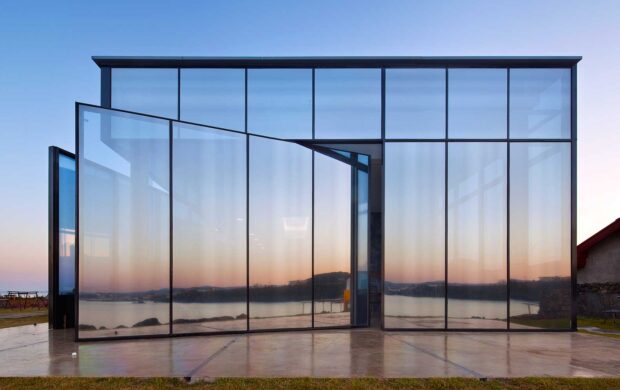King’s College London is saving an estimated 2,500 tonnes of CO2 per year, and £390,000 in energy bills, by installing a cloud-based energy-tracking device from UK-based Demand Logic. The company reduces the energy requirements of large commercial buildings by tapping into the building management system which monitors heating, cooling and lighting. A small data acquisition device is installed which can track the performance of every appliance in the building, from major plant items such as boilers to individual air conditioning units. Energy inefficiencies, such as faulty equipment or a room being simultaneously heated and cooled, are identified and the information is then shared online with building maintenance staff who can take action to resolve the issue.

Image: Energy savings for London’s commercial buildings
Image credit: Veronica Aguilar / Flickr












